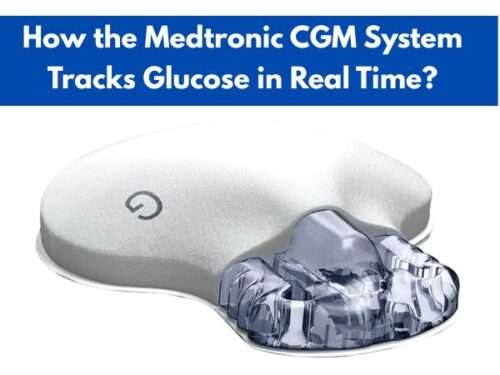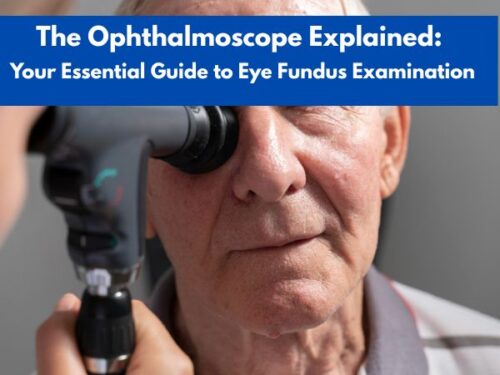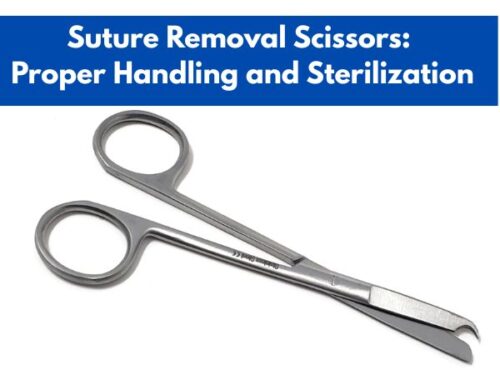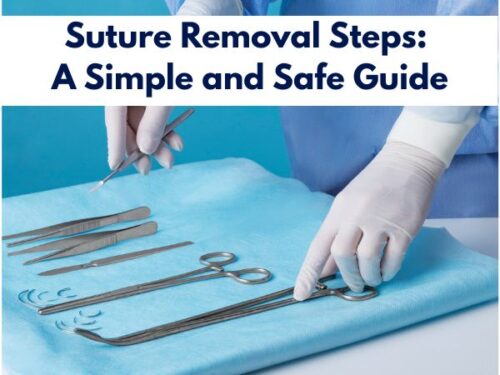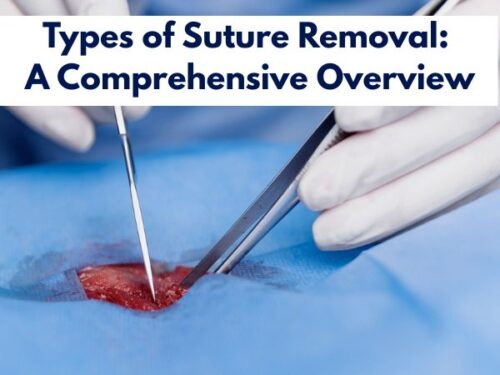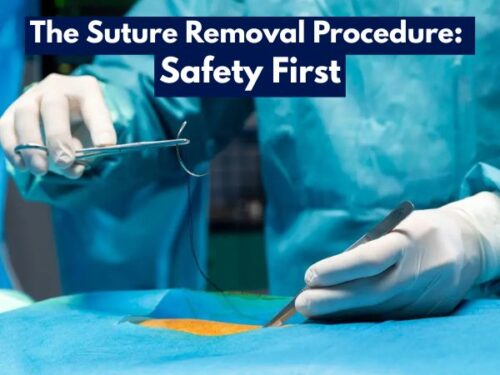Best Way to Get Rid of Used Needles and Other Sharps
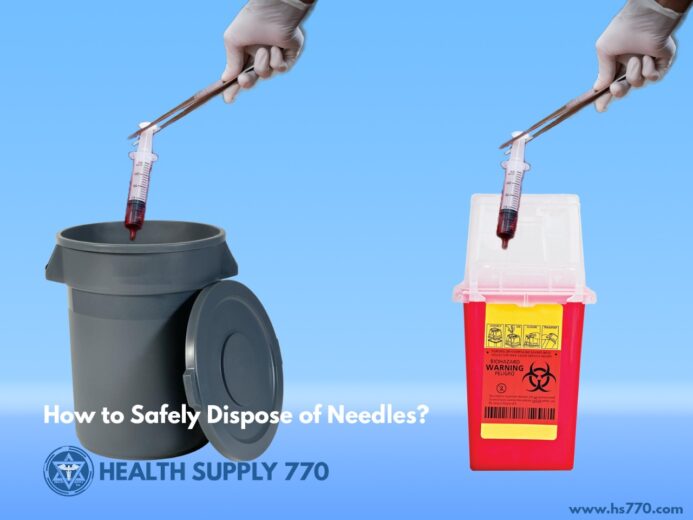
If you are a medical professional or a patient who uses needles and other sharps, it is important to know how to dispose of needles, syringes, bd spinal needles, spinal needles, and other sharps properly. Used needles and syringes can pose a serious health risk if they are not disposed of properly.
There are a number of different ways to safely dispose of needles and other sharps, but some methods are better than others. We will discuss the best way to get rid of used needles and other sharps. We will also provide some best ways how to avoid needle stick injuries. First, we see why needles are dangerous.
Why Are Needles Dangerous?
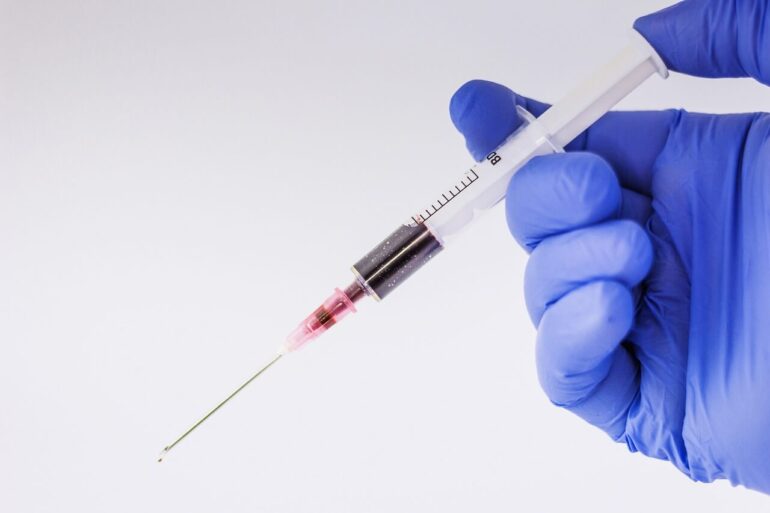
They can harm individuals, transmit germs (hepatitis and HIV/AIDS), damage recycling equipment, and force people to be tested for HIV and hepatitis for years if they get stuck. All needles should be handled like they are infected. That indicates that if someone has a needle put in their arm, they might become infected with a disease carried by the needle.
As a result, they would have to undergo numerous medical examinations and worry about contracting a dangerous or fatal disease. You have the ability to prevent a situation like this by properly disposing of your used sharps. Do not put people in danger when there are safe options available.
How can you get rid of needles and sharps safely?
A needle or other sharp object should be disposed of as soon as possible after use. You can prevent a needlestick or cut by doing this. The best place to safely dispose of needles and other sharps is in a sharps container. The ideal sharps container is one that has received FDA clearance. A strong plastic container will also work if you can’t locate one. See more below about it.
– Needles and other sharps waste should always be placed in a strong plastic container. The best option is a sharps container or uses a needle clipper. Additionally, One is available through your neighborhood public health department, a medical supplier, a pharmacy, or online.
– After usage, carefully place your sharps in the container. Don’t push them inside. Keep your hands and fingers out of the container.
– Don’t fill the container to the top. If there is a fill line on your container, stop at it. If not, halt filling the container when it is three-quarters full.
– Never dispose of discarded sharps in the garbage, recycle, or toilet. Sharps are not recyclable. Sharps containers cannot be in cans. Waste workers may be injured by loose sharps thrown in the trash.
– To dispose of your sharps container, abide by the regulations in your region. Laws regulating the specific disposal of sharps containers exist in several locations. In other places, you can discard them in your regular trash. The laws in your region may be found by contacting your local public health department.
How to Dispose of a Sharps Container?
A sharps disposal container can be disposed of in various different ways. For information on safe sharps disposal programs in your region, check with your area trash collection services or health department.
Some examples of safe sharps disposal methods are briefly described below:
Drop Boxes or Managed Collection Locations
At collection locations including clinics, hospitals, pharmacies, health departments, medical waste facilities, and police or fire stations, you might be able to drop off your sharps disposal containers. Services may be provided without cost or for a little price.
Household Hazardous Waste Collection Sites
Your sharps disposal containers can be accepted at regional public household hazardous waste collection locations. These are the locations where hazardous substances including home cleaners, paints, and motor oil are frequently accepted.
Mail-Back Programs
Some FDA-approved sharps disposal containers may be mailed to a collection location for appropriate disposal. Usually, there is a charge for this service. Depending on the size of the container, different fees apply. The manufacturer’s instructions that are provided with the disposal container should be followed since these programs can have unique mail-back standards.
Dos and Don’ts of Properly Disposing of Sharps
– DO use needles and other sharps in a sharps disposal container right away. To lessen the danger of needle sticks, cuts, or punctures from unsecured sharps.
– DO utilize a sharps disposal container that has received FDA approval. Some organizations and neighborhood standards advise utilizing a heavy-duty plastic home container as a substitute if an FDA-cleared container is not readily accessible.
– DO check that it has the essential characteristics of a reliable disposal container if a home container is used.
– DO keep all sharps, sharps disposal containers, and sharps out of the reach of kids and animals.
– Don’t flush needles and other sharps into the toilet.
– Don’t place needles and other sharps in your recycling bin since they cannot be recycled.
– Don’t attempt to take out, bend, break, or recap needles that have been used by someone else. Accidental needle sticks may result from this, which might result in life-threatening infections.
– Don’t try to remove the needle since it may drop, fly off, or become misplaced and hurt someone without a needle clipper.
Conclusion
In conclusion, the best way to prevent sharps injuries is to clean and disinfect sharps properly. Thorough cleaning requires removing sharps from all containers, then thoroughly washing the containers along with any parts of the sharps that may have gotten into the container. After washing the container, allow the sharps to soak in a bleach solution. For more information related to products visit Health Supply 770.
FAQs
Where is the best place to dispose of sharps?
Sharps can be disposed of in a sharps container that is usually available at your local pharmacy and medical center. You can return the container to the location you collected it from when you’re finished.
How are used pricking needles disposed of?
Sharps are no longer accepted for disposal at the Household Hazardous Waste Facility. Sharps such as needles, syringes, lancets, scalpel blades, scissors, and other unused medical supplies, should be placed in sealable plastic containers such as zip-lock bags. The containers should be placed in your trash.
Who should empty a designated sharps container?
A designated sharps container should be emptied by a person who has been trained and is knowledgeable in proper sharps disposal methods. Sharps containers that are emptied by a non-qualified person can contaminate the environment and hinder the proper disposal of other sharps.
What are the OSHA rules regarding the handling and disposal of used needles?
The Occupational Safety and Health Administration (OSHA) has established regulations to protect workers from needle sticks. These regulations require that healthcare workers immediately dispose of sharps biomedical waste and properly label the containers.
What is the proper method for disposal of sharps Quizlet?
Sharps should never be thrown in the trash. Always place them in an approved sharps disposal container. All Sharps disposal containers should be clearly marked “Sharps”.













